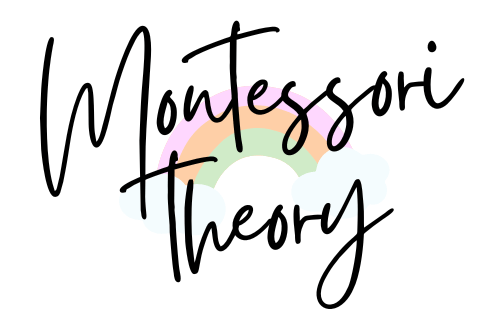The term “Psychic Embryo” is a metaphor used by Dr. Maria Montessori to describe the developmental stage of a child’s life from birth to around six years old, emphasizing the immense potential for learning and growth during this period. Montessori believed that just as the physical embryo develops in the womb, the child, once born, continues to develop psychologically and spiritually in an environment that can either nurture or hinder this growth. The concept of the Psychic Embryo underlines the importance of providing a rich, supportive, and prepared environment that meets the child’s innate needs for exploration, discovery, and learning.
According to Montessori, the Psychic Embryo possesses an absorbent mind, an incredible capacity to absorb knowledge from the environment effortlessly and unconsciously. This period is marked by significant brain development and the emergence of fundamental skills and characteristics, such as language acquisition, social behavior, and the development of movement and independence. Montessori education aims to support this natural development by offering a carefully prepared environment filled with purposeful activities and materials that engage the child’s senses, stimulate their curiosity, and encourage their natural desire to learn.
The concept of the Psychic Embryo emphasizes the role of the adult as a guide who prepares and maintains an optimal learning environment, observes the child’s interests and needs, and provides the freedom to explore and learn at their own pace. By respecting the child’s individual developmental timeline and fostering a sense of security and belonging, Montessori education nurtures the whole child—intellectually, emotionally, physically, and spiritually—allowing the innate potential of the Psychic Embryo to unfold naturally.

